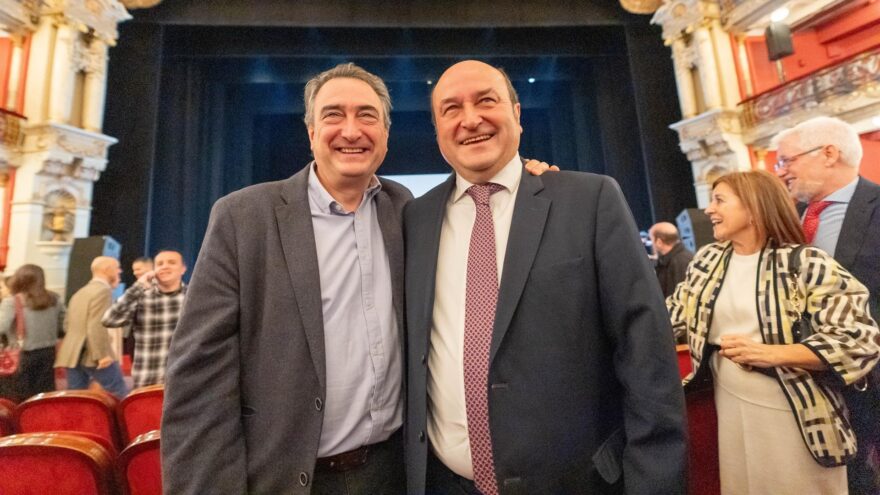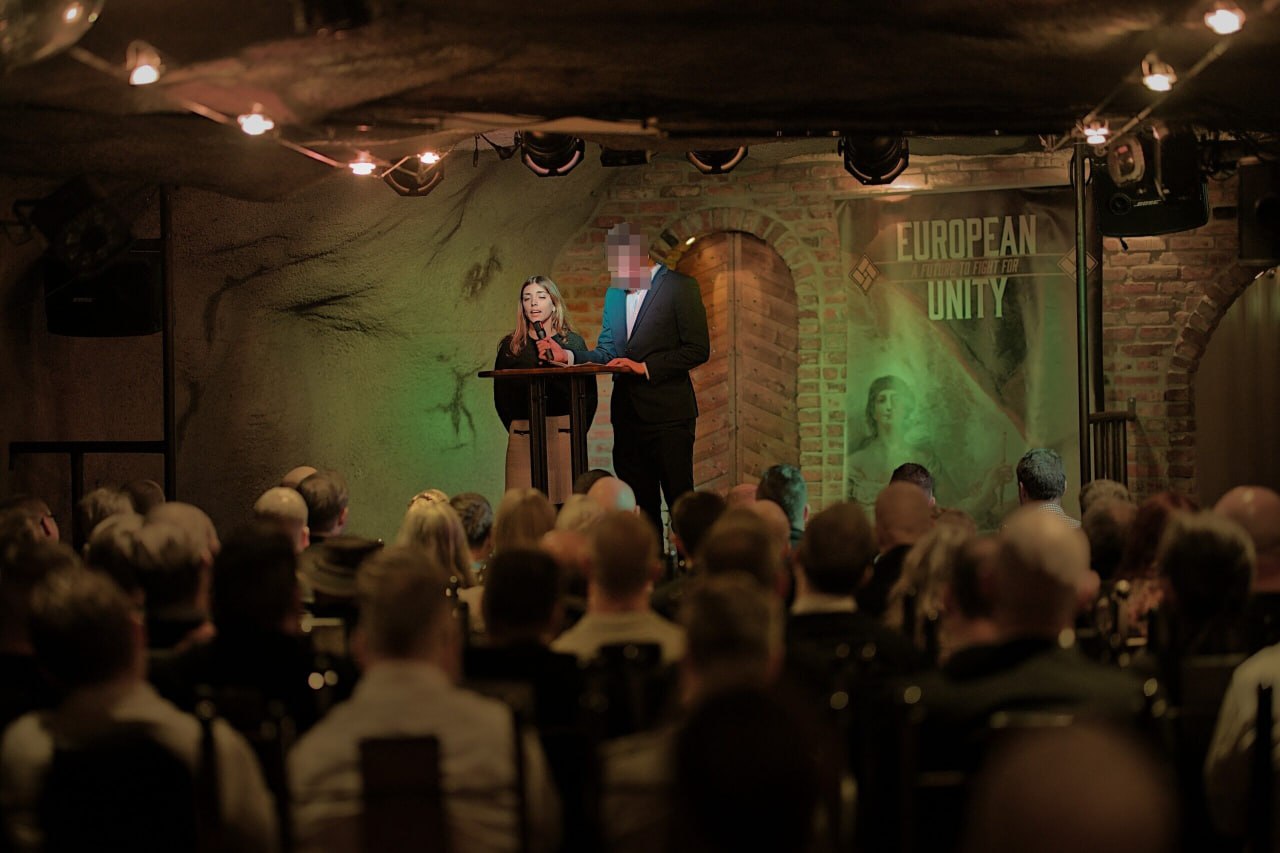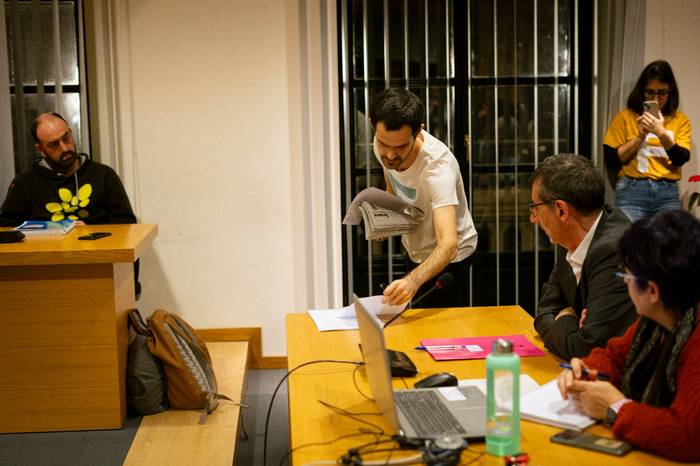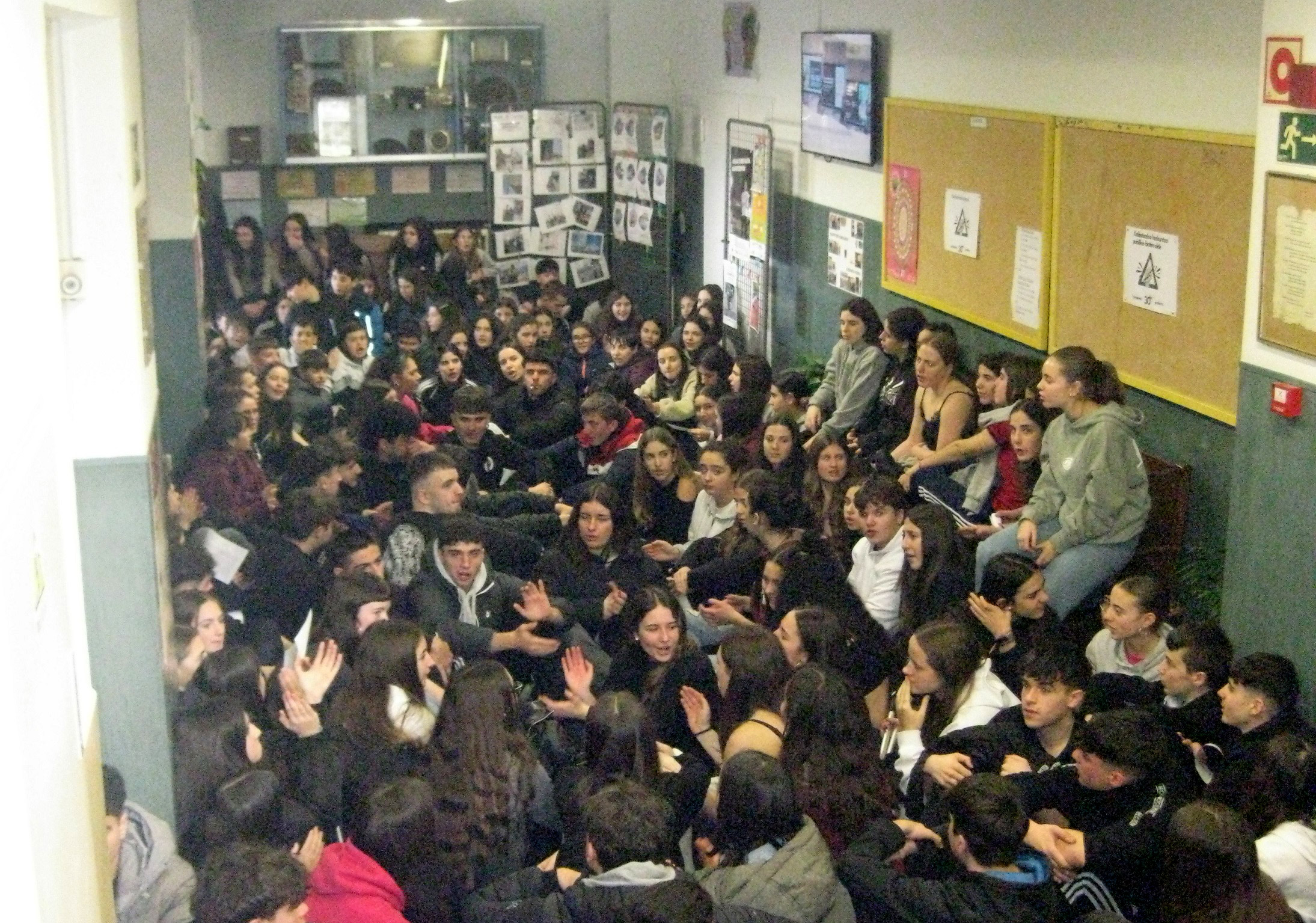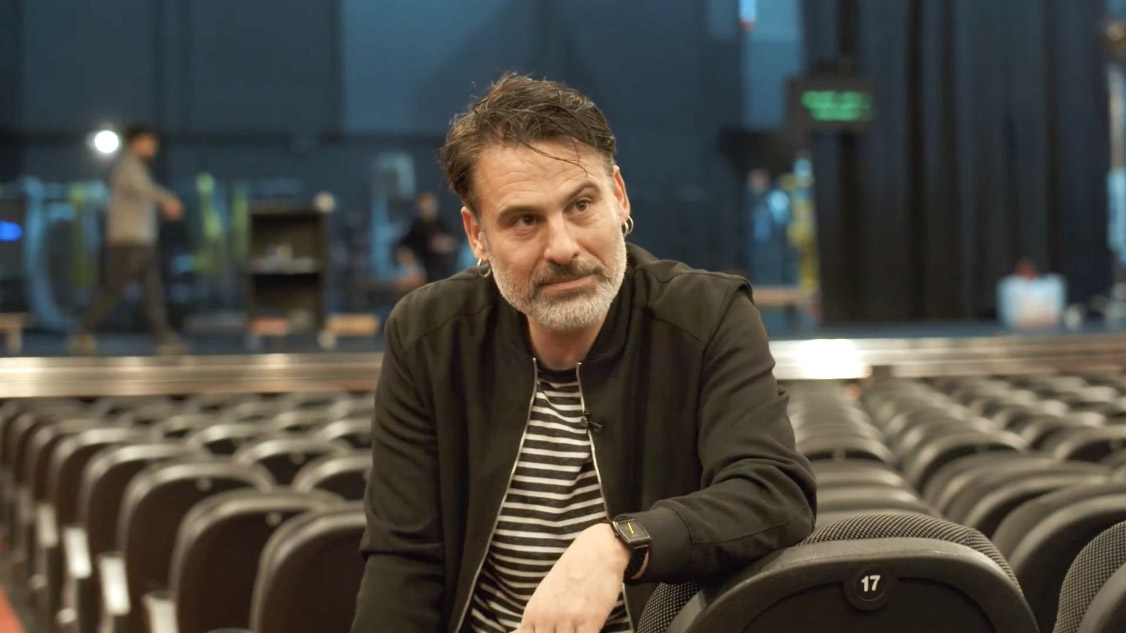The scientists
The economic crisis or the nuclear disaster caused by the tsunami in Japan have increased their presence. It is common for the media to intercalate their explanations and recommendations. They are scientists, experts, people who know a lot about things that are difficult to understand in the perspective of ordinary citizens. Their complex wisdom makes it easy for us to accept that we must listen to them and obey their opinions and advice.
Listening to quotes about scientists here and there and everywhere, I remember the woman who was known in the evenings of Pamplona as “La lotera”. This curious Piura woman spent her evenings selling lottery bars, and the days, going back and forth to the City Hall of Pamplona, in the hope that she had to talk to the “scientists” and make an appointment there, sometimes on behalf of God and sometimes on behalf of the aliens, to transmit to the “scientists” a message that seems essential to humanity. Probably considering that the scientists were a holy plurality of the same piece or composed of it.
Contrary to what this woman believed, scientists, researchers and experts are numerous and varied, and their criteria and beliefs are also diverse and different. Fortunately, I would say (fortunately, because there are other scientists – like the Union of Concerned Scientists – and economists – like Les économistes atterrés – for example), although, unfortunately, some experts have more shade than others and their opinions resonate more. The seismologist Ishibashi Katsuhiko, for example, was rarely heard when he said in the Herald Tribune in 2007 that “unless radical steps were taken to reduce the uncertainty of nuclear power plants to cope with earthquakes, Japan could soon suffer a real nuclear catastrophe.”
Since, like any other human invention, science is not free from the ideology and interests of individuals and institutions, I was concerned when I heard the President of the Spanish Government say that there should be a “scientific” rather than an “ideological” debate on nuclear energy: that science should precede ideology and that, with the complex knowledge about issues, when they tell us that decisions should be made by experts, it is common to have hidden interests in the game and, in any case, we should remember that, in the French part, “economic, social, cultural and collective decisions” should be made by experts, not by citizens.
When sciences and techniques fail, other crutches are needed, and living more connected to nature, literature and/or history can help us a little. In the Oriental tale, published in Nueva in 2005 by Josu Jiménez Maia and later also collected by Patxi Zubizarreta, the grandfather of the young girl Ai Kajiyama set fire to the crops of the village where she was caring for them, thus causing them to flee the fire, directing the population living by the sea towards the mountain. The angry neighborhoods surrounded their grandparents, asking why they behaved like a waste man. The answer was quickly brought to them by a gigantic wave as it covered the freshly burned lands. The story, which dates back to the 19th century, is said to draw people’s attention to the dangers of tsunamis. In that century alone, there were two tsunamis in Japan, one of which, dating from 1896, killed 25,000 people.
Vagina Shadow(iko)
Group: The Mud Flowers.
The actors: Araitz Katarain, Janire Arrizabalaga and Izaro Bilbao.
Directed by: by Iraitz Lizarraga.
When: February 2nd.
In which: In the Usurbil Fire Room.









.jpg)

